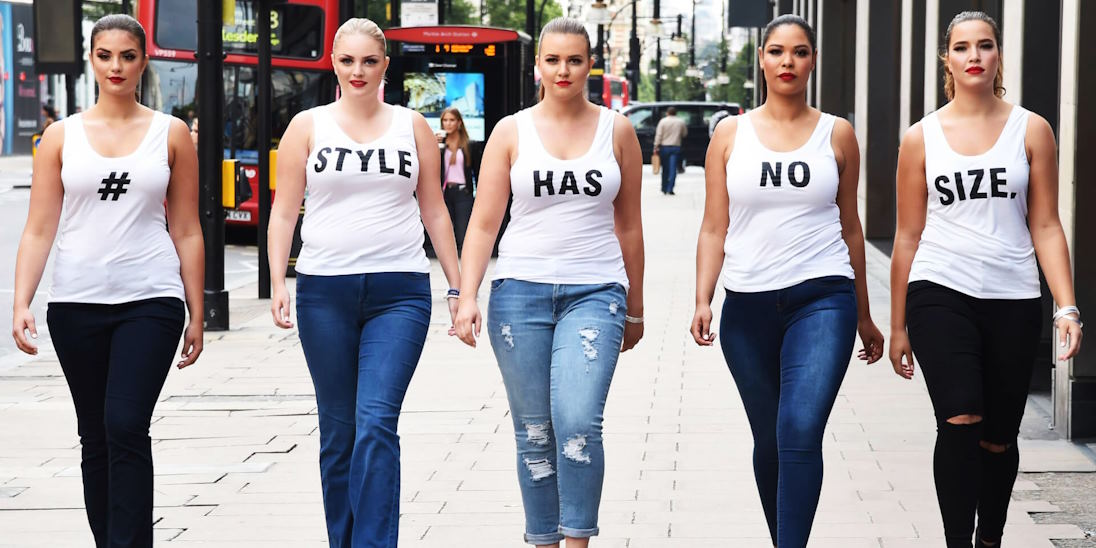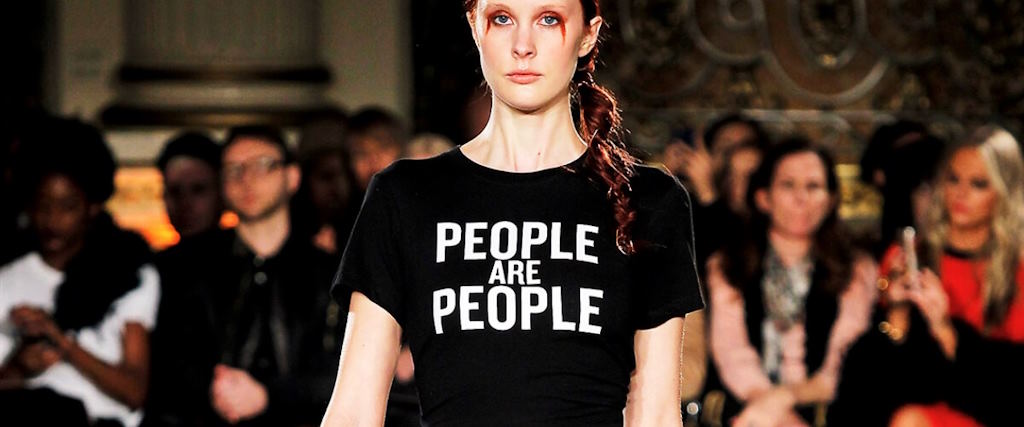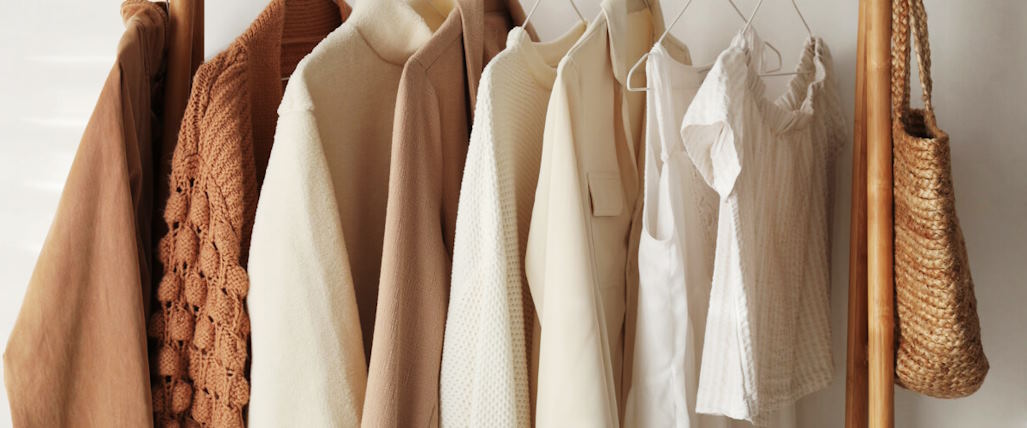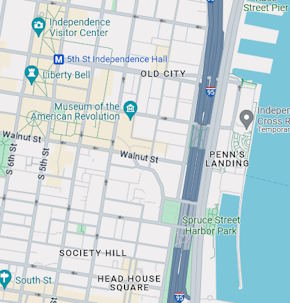May 21, 2024
How Has Fashion Been Used As A Form Of Expression And Protest?

Across the annals of time, garments have emerged as potent tools for self-expression, providing a canvas upon which individuals and communities paint their beliefs and values. From the flamboyant flair of the punk movement to the dignified dress of the civil rights activists, fashion has provided a visible platform for protest and social change.
In what ways were clothes used as a tool of expression?
Fashion has been a potent tool for expression and protest throughout history, offering individuals and communities a medium to challenge norms, assert identities, and advocate for change. Here are several examples in which fashion has been utilized as a form of both personal expression and collective protest:
Subverting Gender Norms
Fashion has long been a battleground for challenging traditional gender roles. From women donning pants in the early 20th century to the rise of gender-fluid clothing lines today, fashion has been instrumental in breaking down binary perceptions of gender and empowering individuals to express themselves authentically.
Cultural Identity and Pride
Clothing often serves as a canvas for proudly displaying cultural heritage and identity. Whether through traditional garments, ethnic patterns, or symbols of cultural significance, fashion enables individuals to celebrate their roots and resist assimilation.

Political Statements
Fashion has frequently been used to make overt political statements, particularly during times of social upheaval. From slogan t-shirts advocating for human rights to runway shows addressing environmental activism, clothing can serve as a visual medium for expressing dissent and solidarity with various causes.
Resistance Through Style
Throughout history, marginalized communities have utilized fashion as a means of resistance against oppression. For example, the Black Panther Party’s iconic berets and leather jackets symbolizes strength and unity in the face of racial injustice. At the same time, punk fashion of the 1970s rebelled against societal conformity and consumer culture.
Environmental and Ethical Concerns
In recent years, fashion has become a platform for advocating sustainability and ethical production practices. From eco-friendly materials to fair trade initiatives, consumers and designers alike are using fashion to protest the harmful effects of fast fashion on both people and the planet.
Body Positivity and Inclusivity
Fashion has the power to challenge conventional beauty standards and promote body positivity and inclusivity. By showcasing diverse models of varying sizes, ages, races, and abilities, designers and brands can defy societal norms and inspire individuals to highlight their unique beauty.




